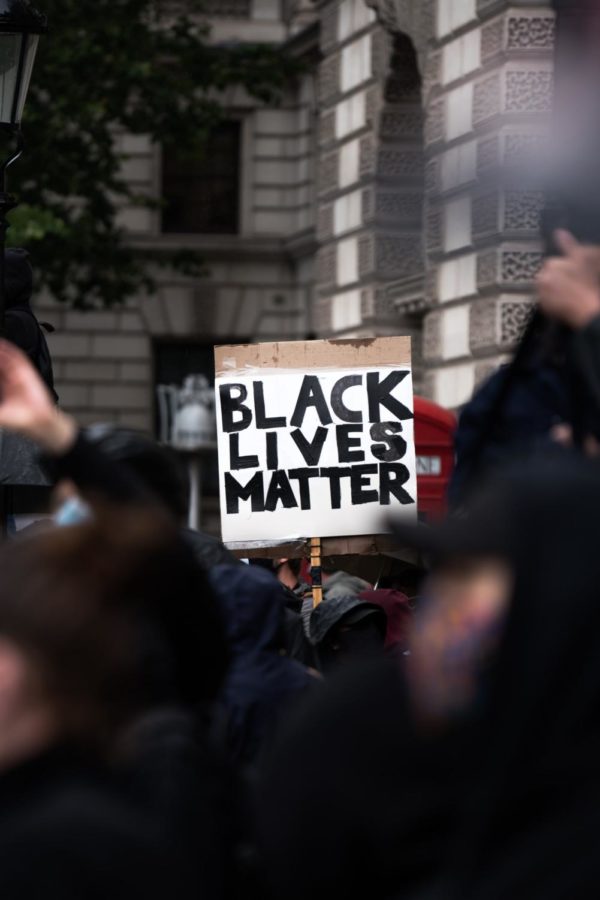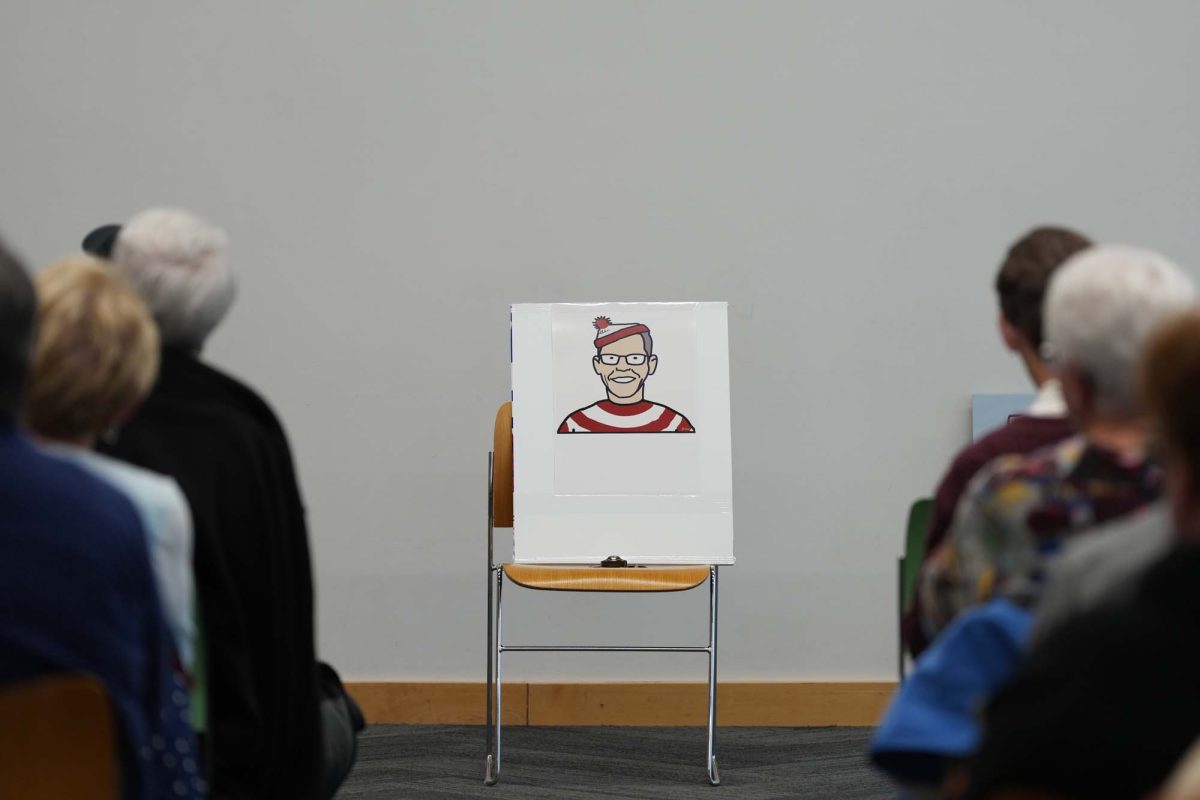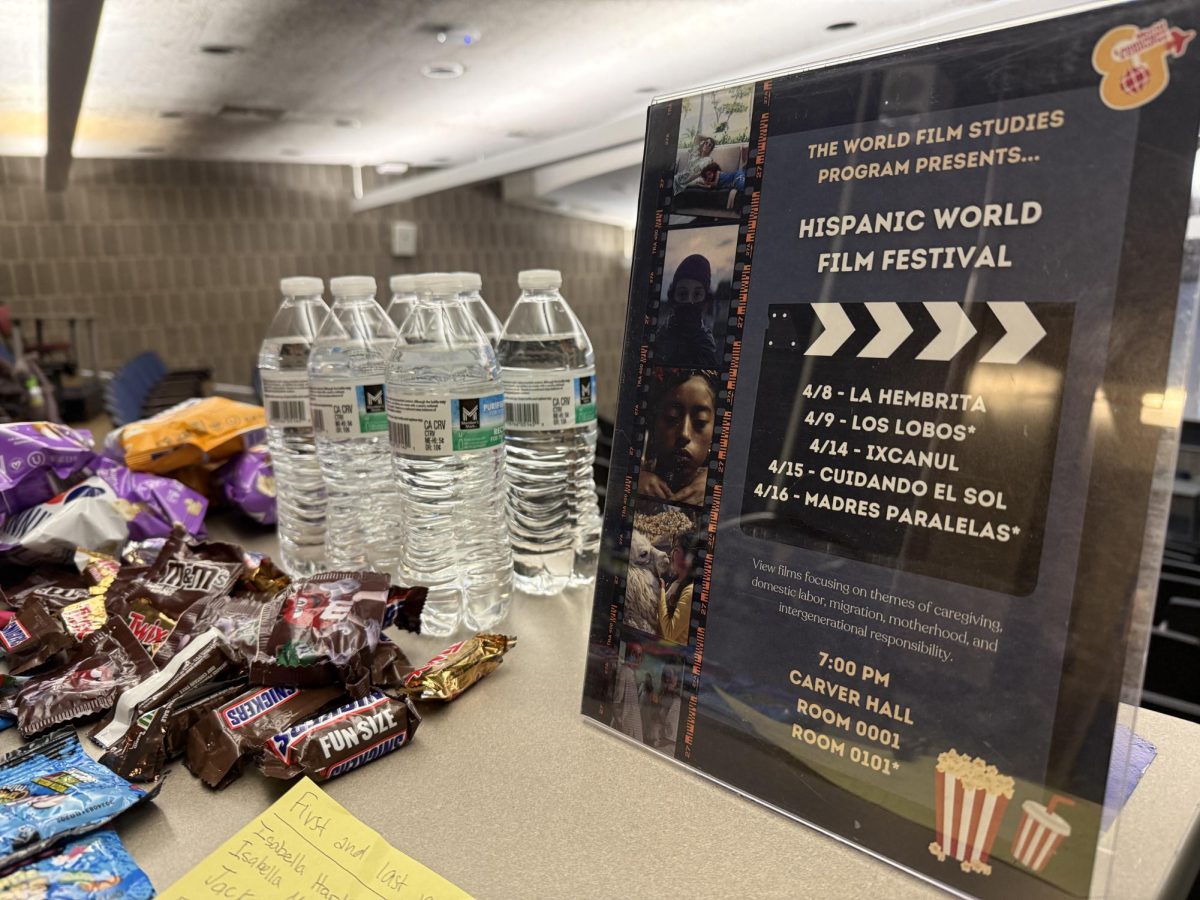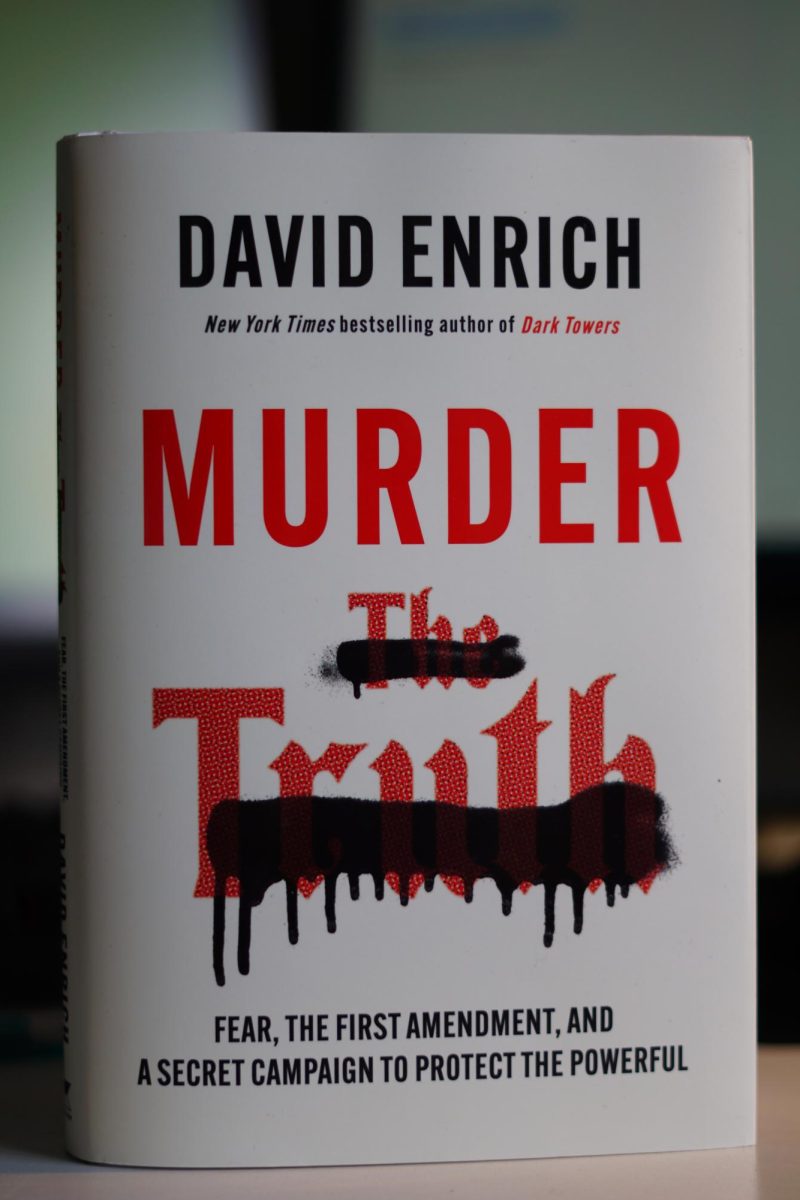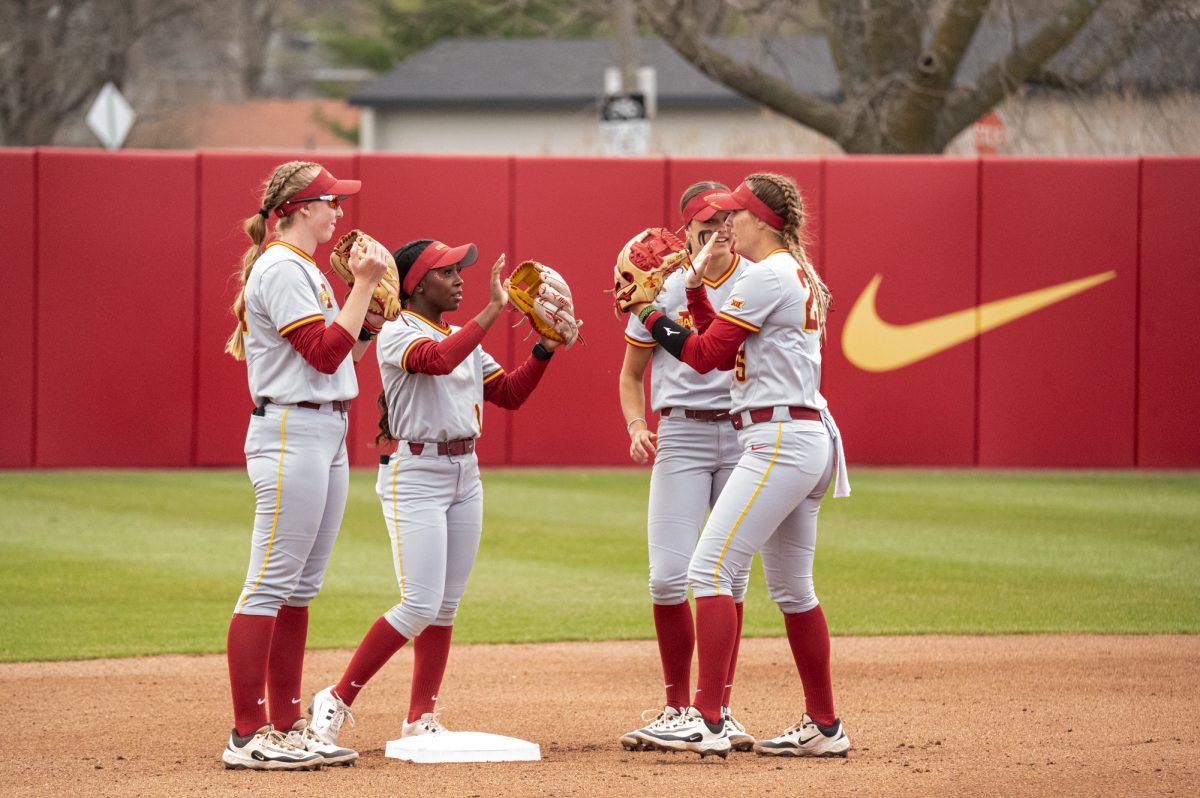Ziemann: The three A’s of allyship
July 15, 2020
During the first half of 2020, my Instagram feed has seen its fair share of trends. I remember the hopeful New Year’s posts at the beginning of the year, the “until tomorrow” cringy pictures back in March and the now-infamous black square in the beginning of June.
The former two trends are completely normal. I posted a New Year’s picture in January back when I was still excited about 2020 (remember that?) and I am no stranger to a good Twitter meme.
Humans are social beings, and we use social media to connect with one another, especially during difficult times.
One thing that should never become a trend is the wrongful death of a Black individual. And there are far too many.
The problem with the black square trend was that a lot of white people thought a Blackout Tuesday post was enough. I can see their thought process: everyone else is doing it, so I should too! After all, I’m still being an activist right?
No. Posting a black square and doing nothing else after the fact is not activism. You’re not changing your behavior. You’re not recognizing your privilege. You’re not using your platform to amplify and spread Black voices.
You’re a performative activist.
Performative activism is a type of social justice movement that emphasizes the activist’s social capital more than the issue at hand. Most often, this occurs on social media like Twitter and Instagram. Performative activists may post hashtags, petitions or images relating to the important issue, but they fail to follow through and may “return to normal” too soon, hence my critique of the black square trend.
Performative activism is the wrong way to ally. In fact, it isn’t allyship at all.
There is a right way to ally as a white person, however. I’ve had to navigate it over the past few months and it’s been difficult. I’ve had to examine myself and unlearn a lot of behaviors.
But it’s possible. And you can do it.
I’ve broken down my journey into three points called the three A’s of allyship. By focusing on these three things, you can have a great start to understanding and participating in the Black Lives Matter movement as a white person.
The first A is accept. Now that Black folk are finally getting the platforms and voices they deserve, us white people are learning a lot. I’ve been unknowingly using racist phrases for a while because I was never taught the background behind them. By accepting our past mistakes and working to better ourselves, we as white people can become examples for others.
It’s unfortunate, but that particular relative on Facebook may not listen to a Black person. But they will listen to you, and that’s why we must also accept our privilege as white people, unlearn those racist things we’ve been taught and do our part to educate others.
The second A is act. We can’t just talk about making a change. We have to go out and do it. Protesting immediately comes to mind as a way to act, and if you can, do it! Bodies in the streets are visual proof your community demands change. I stay informed about protest efforts near me with Ames and Des Moines Black Lives Matter (@amesblm and @desmoinesblm respectively).
If you cannot protest, that is OK. Everyone has a different way of taking action, and there are other ways to make Black voices heard. I donate to food, supply and bail funds that service the communities near me. I share news stories about my community, and I use my privilege and influence to bring awareness to local injustices.
The final and most important A is amplify. White people have not had to endure hundreds of years of systemic racism. Black people have. It’s so important to make sure Black folk are heard and their stories are shared. A great way to amplify Black voices, especially on social media, is to highlight Black creators.
One of my favorite and most influential Black creators is Iowa State student Marie Beecham, the face behind the Instagram account @wastefreemarie. I started following Beecham a couple of years ago when she began her sustainable living journey. Recently, she began making content around racial justice as well as climate justice, and her graphics about white privilege, anti-racism and how to ally went viral.
Now @wastefreemarie is more than 223,000 followers strong, and Beecham still takes time to make personal, meaningful content. Iowa State is lucky to have her.
White people have a duty to aid the Black Lives Matter movement because all lives cannot matter until Black ones do. The next time you see an Instagram trend like the black square (and trust me, there will be more), take a second and think before you post.
Each of us has a platform. Make sure yours is impactful.


